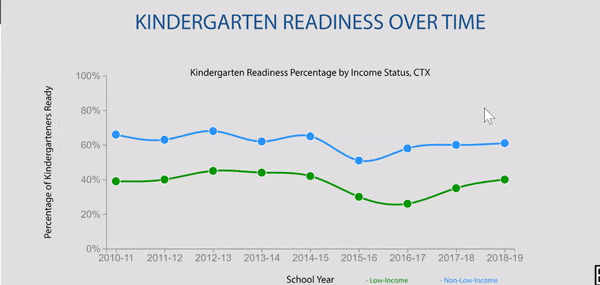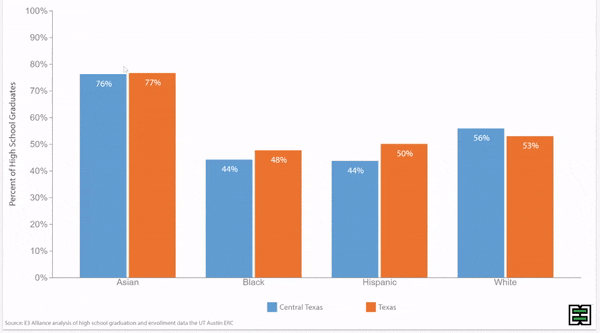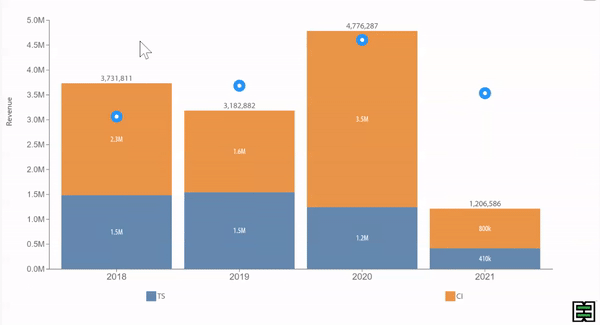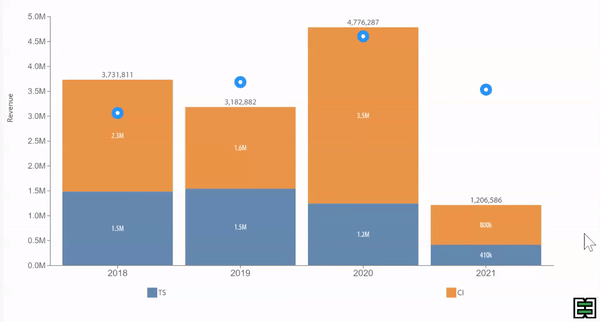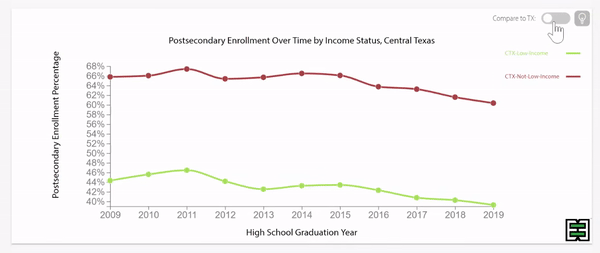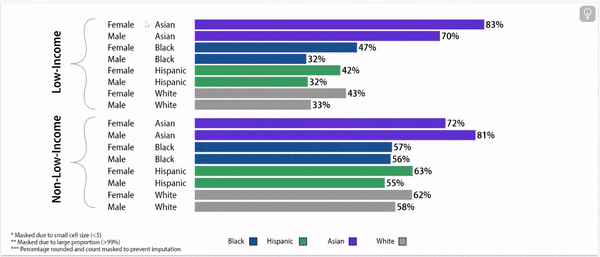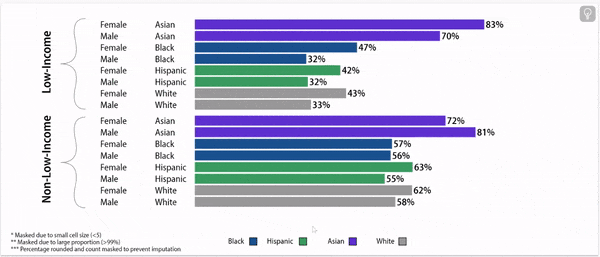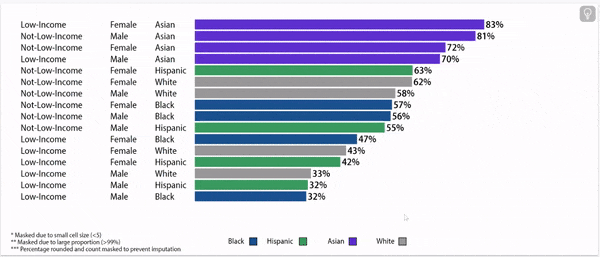Postsecondary Enrollment Profile
Jump to: Source and cohort information about this data.
2021-22
47%
168,275 / 354,366
Texas
Postsecondary Enrollment Rate
2021-22
45%
10,638 / 23,755
Central Texas
Postsecondary Enrollment Rate
Texas postsecondary enrollment rate within one year of graduation gradually decreasing in last decade.
Disparities exist in postsecondary enrollment by household income.
Texas' two-year institutions more popular among graduates from low-income households.
Disparities in postsecondary enrollment by household income have not decreased in Texas.
Postsecondary enrollment within one year of graduation varies by race/ethnicity.
Disparities in postsecondary enrollment by race/ethnicity persist over time.
Postsecondary enrollment rates vary by gender, household income status, and race/ethnicity.
Direct Postsecondary Enrollment in Texas, High School Graduating Class of 2022
About this data:
E3 Alliance relies primarily on data from the University of Texas Education Research Center (ERC). This data allows for a longitudinal understanding of postsecondary enrollment, persistence, and completion, based on where and when a student graduates from high school. This data pertains to graduates from within the state of Texas who enroll in Texas postsecondary institutions within one year of graduating from high school.
Following are items to note:
The year of the data represents the year of high school graduation. There is a delay in the data due to the state's approval process and the time needed to measure postsecondary enrollment after graduation. The graphs below present postsecondary enrollment data in the most recent available year in Texas postsecondary institutions, for the class that graduated high school in 2020.
Cohort: First-time 9th grade students who graduate within four years, including students who transfer into Texas public schools.
Outcomes that reference data from 2021, 2022, or 2023 do not include San Marcos CISD, due to a data discrepancy.

